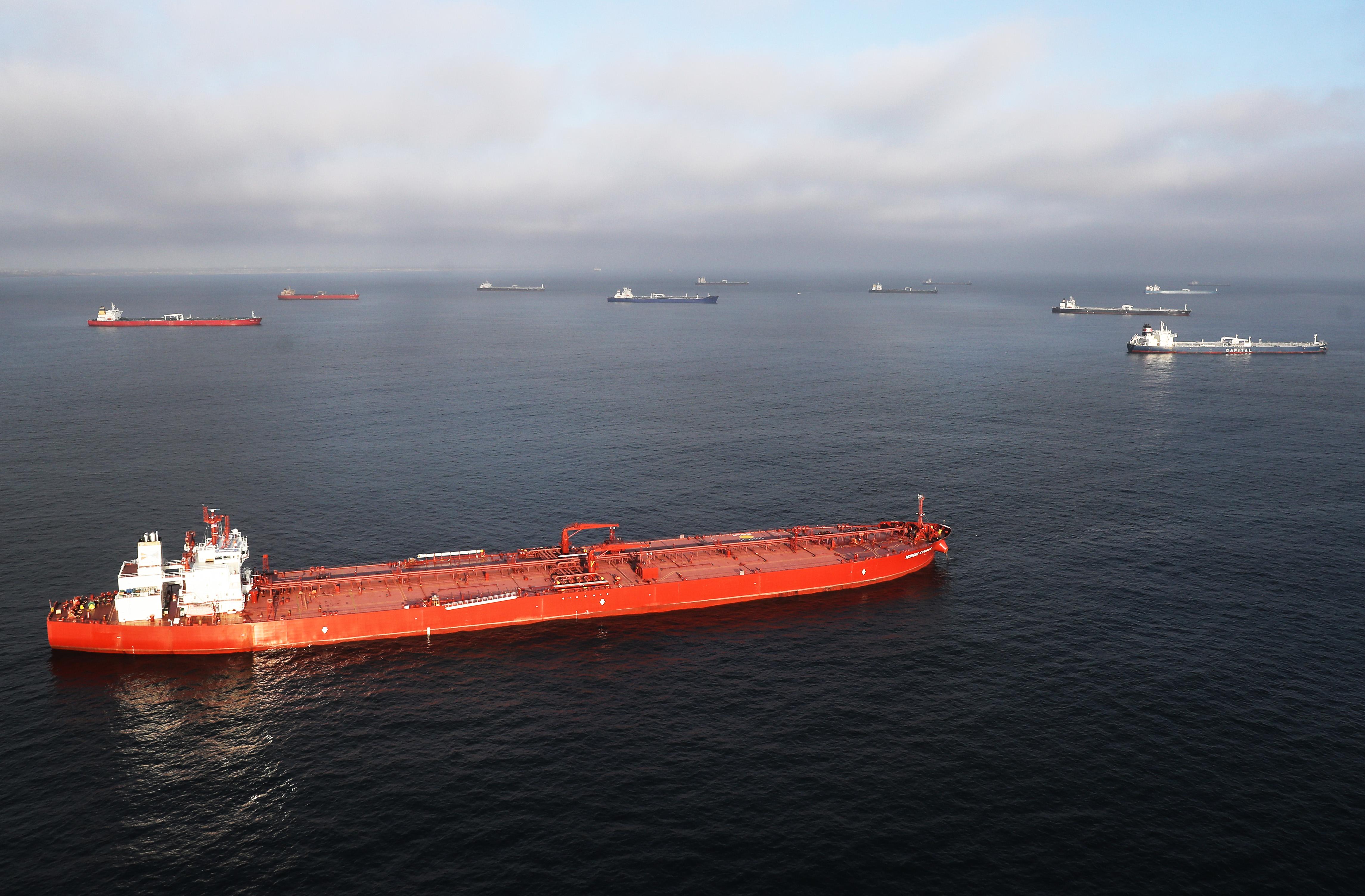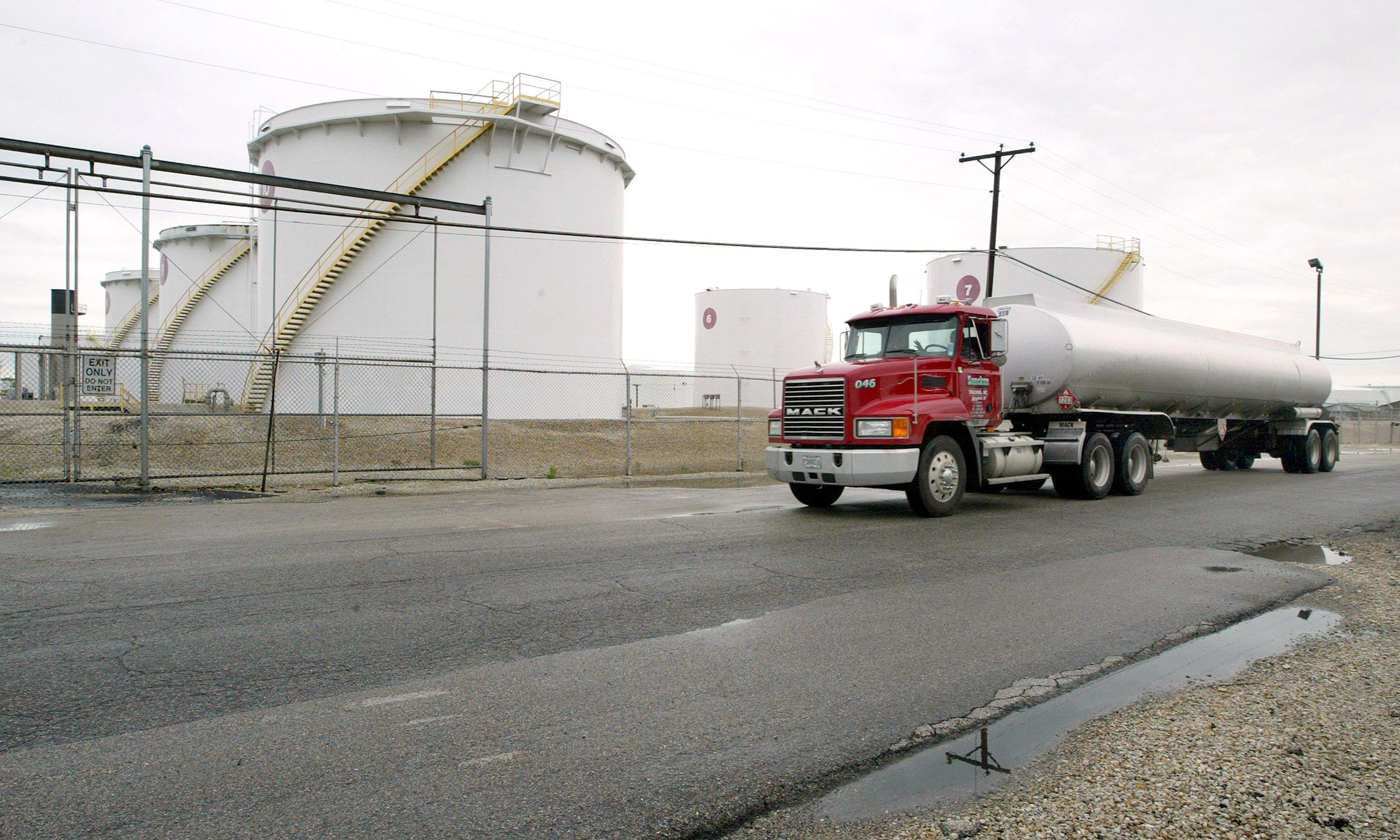OPEC Influences Oil Prices, But It Isn't the Only Gatekeeper
OPEC (Organization of the Petroleum Exporting Countries) has a stake in oil prices, but the organization isn't the only authority that gets to decide.
Dec. 14 2020, Updated 2:17 p.m. ET
In the early 20th century, the U.S. was the biggest player in the oil industry. In the century's final decades, a new entity came to fruition to take America's place.
That entity is called OPEC (Organization of the Petroleum Exporting Countries). The organization's arrival has redirected the oil industry's evolution for the long haul.
Does OPEC set oil prices?
OPEC successfully controlled the oil market (and subsequently oil prices) for most of the second half of the 20th century.
While technically a cartel — defined by Oxford as "an association of manufacturers or suppliers with the purpose of maintaining prices at a high level and restricting competition" — OPEC has legitimate members.
The countries that currently participate in OPEC include:
- Republic of Iran
- Iraq
- Kuwait
- Saudi Arabia
- Venezuela
- Libya
- United Arab Emirates
- Algeria
- Nigeria
- Gabon
- Angola
- Equatorial Guinea
- Congo
By 2019, OPEC accounted for 75 percent of crude oil reserves and 42 percent of the crude oil output worldwide. OPEC+, a broader organization with additional member countries, holds even more statistical power. At the same time, the U.S. managed to creep up as the largest oil-producing country.
Although OPEC still controls most of the oil prices throughout the sector, the U.S. maintains a pivotal strategy to keep its power in check. Whenever OPEC slims its output, the U.S. proceeds by ramping up production to gain control of the market, if only for a period of time.
Overall, oil prices are a tug of war between supplier and buyer, between nations, and between organizations.
What's the process for setting oil prices?
Member countries within OPEC+ tend to cut the oil supply to increase prices if they think that it's necessary. However, they only do this when the overall supply is in excess because they don't want to risk revenue.
As a whole, OPEC has as much of a say on prices as any cartel organization can. After all, OPEC isn't anything without the market that they rely on. While the holistic organization is largely powerful, its individual member countries have marked influence.
Do oil prices go up in a recession?
Historically, oil prices go down in a recession. Think about the Great Recession in 2008. At the time, the oil and gas sector was on a bear run and hit $35 for a barrel of crude oil (compared to the previous $150 value). The price drop took place over the course of a few months.
However, high oil prices often spark the onset of a recession. In January 2020, the relations between the U.S. and Republic of Iran led to spiked oil prices. The U.S. killed Gen. Qasem Soleimani, an Iranian military leader. As a result, oil prices rose by as much as 20 percent. Just one month later on Feb. 20, the stock market took a nosedive.
You can see this same pattern in the three prior U.S. recessions too.
How the recession amid the COVID-19 pandemic has impacted oil prices
Oil prices shrunk dramatically after the COVID-19 pandemic started. The fall makes sense considering that U.S. travel spending fell 31 percent in 2020. In an attempt to offset price reductions, OPEC members and allies made a pact to minimize production in an effort to stabilize costs. However, oil prices still fell to their lowest point in 20 years.


